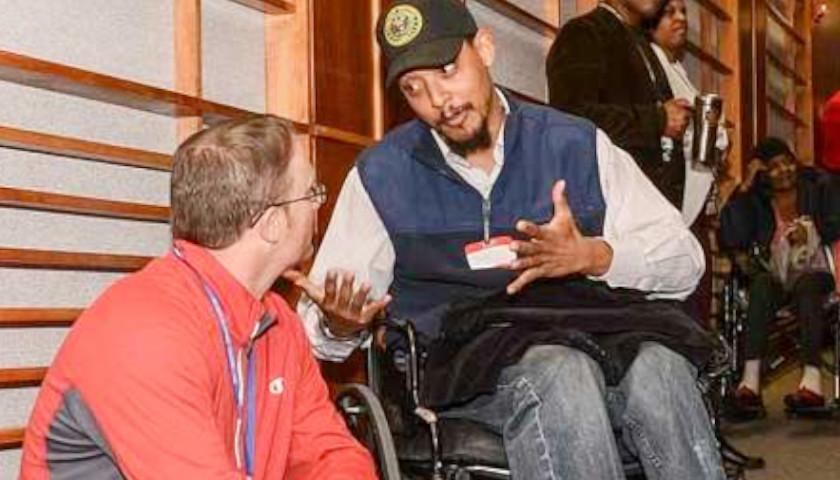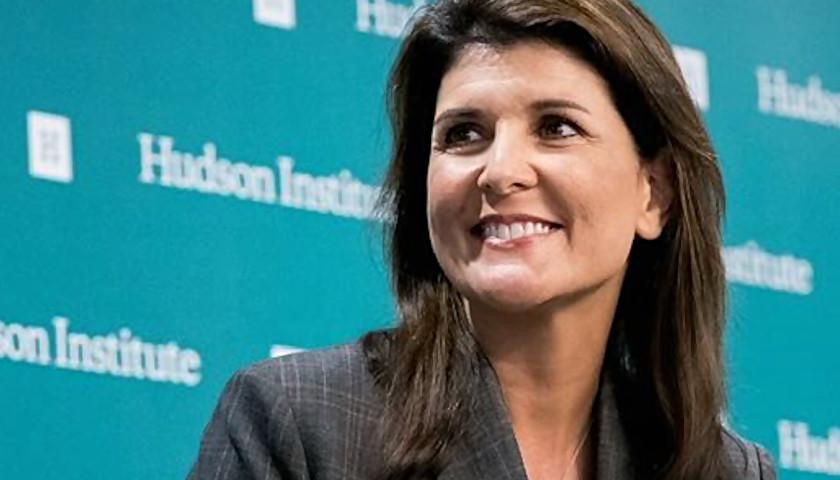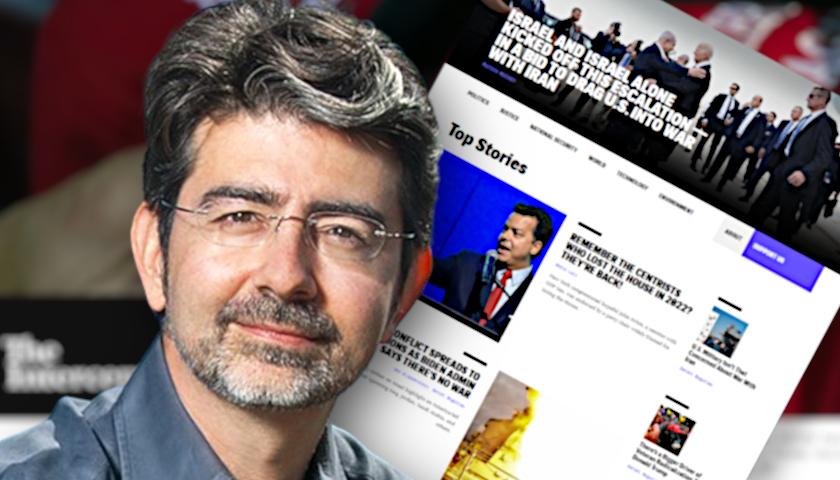by Kerry McDonald
Transforming entrenched systems and industries comes through disruptive innovation and entrepreneurship. Coined by Harvard Business School professor Clayton Christensen, disruptive innovation is the process by which new ideas and inventions create value and ultimately topple existing competitors. A visionary individual or group spots opportunity and develops new solutions that meet consumer demand faster, better, and more cheaply. This innovation improves our lives through efficiency and cost-effectiveness, allowing us to keep more of our hard-earned money with better service and satisfaction.
Independent and Innovative Education
It shouldn’t come as a surprise that most of the organizations I highlight in Unschooled are independently run. Disruptive innovation may originate with individual ingenuity, but it is fueled by consumer demand and value creation within the private sector. Not that the public sector hasn’t tried. Back in the 1960s and early 1970s, there was a surge of interest in reforming mass schooling from within. The Open Classroom movement emerged, encouraging less restrictive classrooms and more choice and freedom for students.
In Philadelphia, Pennsylvania, in 1967, the city’s public school system launched its Parkway Program, sometimes known as the “school without walls,” in which young people were able to select their own classes and learn throughout various spots across the city, including private businesses, museums, local universities, and public spaces. In 1970, the New York Times called the Parkway Program “one of the nation’s boldest experiments in public education,” noting that over ten thousand students applied for only five hundred available slots.
Within a decade, though, momentum for programs like Parkway waned. New public education fads appeared and old ones faded. Ultimately, Parkway was reabsorbed into the larger school district, becoming indistinguishable from Philadelphia’s other public schools.
More recently, a fully self-directed district high school that I also write about in Unschooled was set to open this fall in Somerville, Massachusetts, a city just outside of Boston. Powderhouse Studios had everything going for it, including relief from onerous public schooling requirements under the state’s Innovative Schools legislation and a $10 million grant from XQ Super School, an organization co-founded by Laurene Powell Jobs, wife of the late Steve Jobs of Apple, Inc. After seven years of concessions and compromise by the school’s leaders, the city’s school committee ultimately voted unanimously this spring not to approve Powderhouse’s opening.
Private Sector Reforms
As much as many parents and educators would like to believe that meaningful reforms can occur within the mass compulsory schooling model, real education innovation occurs most successfully and enduringly through the private sector. Free from state curriculum requirements, standardized testing mandates, and restrictions on hiring and firing, private educational organizations are able to experiment and innovate, with parents as the key stakeholders to ensure accountability.
Many of these schools and organizations are tiny non-profit enterprises that serve a small group of children and are often financially inaccessible to many families. But disruptive innovation in education has the capacity to bring real change to the masses—if educators embrace an entrepreneurial, free-market mindset.
In his book, Conscious Capitalism: Liberating the Heroic Spirit of Business, Whole Foods co-founder John Mackey writes about his early days immersed in the left countercultural movement of the late-1960s and 1970s. He lived on a commune in Texas for two years and became active in the local food co-op movement.
Entrepreneurship and Capitalism
Mackey writes in the book’s introduction:
Politically, I drifted into progressivism (or liberalism or social democracy) and embraced the ideology that business and corporations were essentially evil because they selfishly sought only profits. In contrast to evil corporations, I believed that nonprofit organizations and government were “good,” because they altruistically worked for the public interest, not for profit.
The longer Mackey was part of the non-profit food co-op movement, the more disenchanted he became with its ideology. He writes:
I ultimately became disillusioned with the co-op movement because there seemed to be little room for entrepreneurial creativity; virtually every decision was politicized.
Discovering the power of free-market capitalism, Mackey was able to scale his vision for healthy food and a healthier planet in ways that small, local, non-profit food co-ops were unable to, leading many more people to have access to organic food and many more jobs created to provide that food.
Mackey writes about his path from progressive anti-capitalist to proud entrepreneur:
I learned that free enterprise, when combined with property rights, innovation, the rule of law, and constitutionally limited democratic government, results in societies that maximize social prosperity and establish conditions that promote human happiness and well-being—not just for the rich, but for the larger society, including the poor. I had become a businessperson and a capitalist, and I had discovered that business and capitalism, while not perfect, were both fundamentally good and ethical.
Education needs its own Whole Foods moment. It needs entrepreneurial innovators to move small, non-profit organizations into larger-scale, profitable enterprises that serve more families and students with better outcomes and lower costs. Now with Amazon’s acquisition of Whole Foods, the potential for greater accessibility at lower costs increases.
Seeds of an enterprising moment in education are beginning to sprout. Acton Academy is a low-cost, self-directed network of private schools, often operating on a hybrid homeschool model, that is expanding across the country by educators committed to entrepreneurship and educational creativity. In an article for Forbes, Bill Frezza describes Acton Academy’s potential to remake the educational landscape. He writes:
With the right program as a model, anyone who home schools his kids can operate an Acton Academy. And not just for his or her own children, but for a schoolhouse full of them. Run the numbers and you can even make a lucrative living while charging tuition well below than that of most conventional private schools.
Standardized Equals Restrictive
Similarly, the Academy of Thought and Industry is a for-profit network of schools that could trigger necessary disruption in education. Founder Michael Strong acknowledges the power of profit-driven free enterprise to create lasting educational change that is higher-quality, lower-cost, and ultimately scalable. He says:
Any time something is profitable, that is what makes it able to go to scale. The reason we have low-cost groceries now (compared to 100 years ago) is because it’s profitable to bring food to millions and millions of people.
Any meaningful and lasting transformation in American education must come from the private sector. Public schools have tried to innovate; yet compulsory mass schooling has become more restrictive, standardized, and all-consuming of American childhood than at any other time in our history. To enact real, scalable change in education—just as Whole Foods did with the organic food movement—entrepreneurial parents and educators will need to imagine and implement new models of learning. These models must be rooted in the time-tested principles of free-market capitalism, or what Mackey describes as
the heroic nature of business, its essential virtues, and its extraordinary potential to do more good for more people in a sustained manner than any other social or economic system ever invented by humankind.
Entrepreneurs can help to replace an obsolete schooling model of education with a new learning one fit for the innovation era. In fact, they may be the only ones who can move us from where we are to where we could be.
– – –





